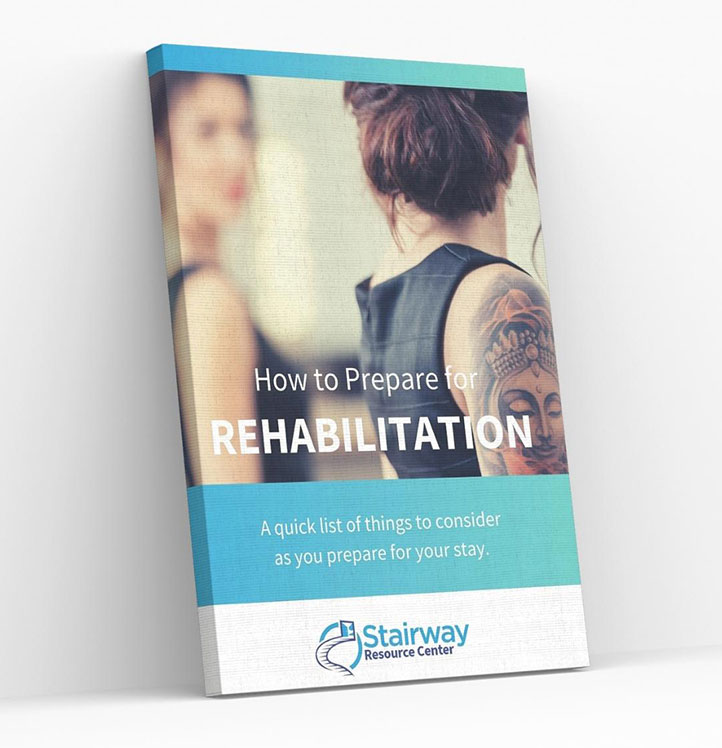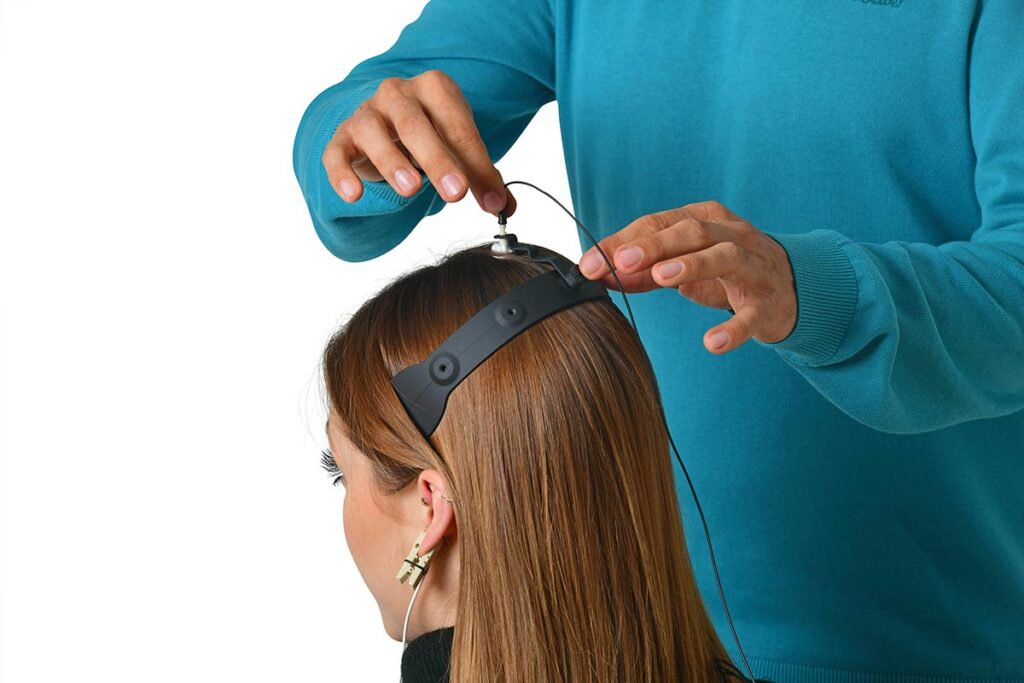
Resources & Tools for Substance Use Disorder (SUD) Recovery
When you enter our recovery program, you join a lifelong support family.
This family is made up of people who have struggled with their own substance use. Recovery is an ongoing process of uncovering and addressing the various experiences, relationships, lifestyle habits, and outside influences that lead to addiction.
We are here to provide the tools and resources our clients need during and long aftercare with us. Keep reading to explore what makes our program unique, the tools and special community that helps motivate and inspire each other in their recovery journey every day.



Get Your Free Guide: How to Prepare for Rehabilitation
In this guide you will find a list of things to consider as you prepare for your stay.
"*" indicates required fields
“An honest regret for harms done, a genuine gratitude for blessings received, and a willingness to try for better things tomorrow will be the permanent assets we shall seek.”
– TWELVE STEPS AND TWELVE TRADITIONS P. 95
Using the 12 Steps of Recovery
The 12 Steps to Recovery was created by the founders of Alcoholics Anonymous to heal an addiction to alcohol.
The program gained enough popularity in its early years to inspire other addiction support groups to adapt the steps for their specific substance or addictive behavior. Today many 12-step programs help people combat various addictions and compulsive behaviors.
Although the 12 Steps are based on spiritual principles, many non religious people have found the program immensely helpful. The program’s language leaves room for different interpretations of faith as well.
The 12 Steps
Here are the traditional 12 Steps as originally defined by Alcoholics Anonymous – with some adaptions for those recovering from other substances, more often called simply “drugs”:
STEP 1
1
We admitted we were powerless over alcohol or drugs –that our lives had become unmanageable.
STEP 2
2
Came to believe that a Power greater than ourselves could restore us to sanity.
STEP 3
3
Made a decision to turn our will and our lives over to the care of God as we understood Him.
STEP 4
4
Made a searching and fearless moral inventory of ourselves.
STEP 5
5
Admitted to God, to ourselves and to another human being the exact nature of our wrongs.
STEP 6
6
Were entirely ready to have God remove all these defects of character.
STEP 7
7
Humbly asked Him to remove our shortcomings.
STEP 8
8
Made a list of persons we had harmed, and became willing to make amends to them all.
STEP 9
9
Made direct amends to such people wherever possible, except when to do so would injure them or others.
STEP 10
10
Continued to take personal inventory and when we were wrong promptly admitted it.
STEP 11
11
Sought through prayer and meditation to improve our conscious contact with God as we understood Him, praying only for knowledge of His will for us and the power to carry that out.
STEP 12
12
Having had a spiritual awakening as the result of these steps, we tried to carry this message to others and to practice these principles in all our affairs.
Why We UseThe 12 Steps
We’ve found that 12 step programs provide support, encouragement, and accountability and are a great addition to our clinical and therapeutic services.
Sponsorship and regular meeting times encourage the kind of social support that has helped countless people stay clean.
Are You Ready to Learn More About our 12 Step Program?

How Community Support Helps with LongTerm Recovery
t is often said that the opposite of addiction is connection, and it is vital for people in recovery – especially early recovery – to find a community of support.
Community is essential for maintaining and enjoying sobriety, avoiding feelings of isolation, rediscovering self, and connecting with others who understand what you’re experiencing.
Community Support Means You Are Not Alone
Substance use has a tendency to isolate people.
Many people who use drugs and alcohol are not used to talking about their use problems with others. Substance abuse causes people to withdraw in order to hide their full-scope of use, and the perceived shame surrounding substance use disorder can silence someone from wanting to seek help or speak openly.
To maintain a healthy recovery, it’s important to open up, share feelings, and ask for help. A strong support system, made up of people who have walked the path before you and know what you’re going through, helps face challenges and encourages self-discovery. Studies show that a good support system leads to lower relapse rates and provides a needed social network as well.


Healthy Lifestyle Changes and Sober Events
There are many ways to recover from substance abuse, but it is more than just stopping the use of drugs and/or alcohol.
Recovery also involves wellness, balance of mind, body, spirit, and lifestyle changes. Creating positive relationships with others who support your recovery is one way to improve your overall health. In early recovery, it can be hard to figure out how to have fun without using drugs or alcohol. A support network of fellow sober peers is a great way to find new ways to have fun in recovery. This is especially important when you don’t feel comfortable socializing with friends or family members who still use substances. By building support networks based on your new sober interests, you open up new horizons of wellness-based activities and interests.
Peer-based Groups and Regular Meetings
In a community of people who support and encourage one another, you can learn from the positive examples of others who have succeeded in maintaining sobriety.
A group setting provides an opportunity for loved ones to share feelings and experiences in a safe environment. While in outpatient care, you’re encouraged to attend weekly 12-step meetings as well as other groups to support your recovery journey. We feel it’s important to find an environment where you feel comfortable sharing, can learn from the experiences of others, and feel a sense of inclusion and support.


Shared Accountability and Motivation
Support networks can help you stay on track with your treatment and recovery goals.
It’s more effective to ask for – and receive – accountability from a group of people who have shared experiences and who can provide real-time advice and insight. By becoming actively involved in a support community, they are often better judges of your behavioral changes and triggers than you are. By regularly spending time with supportive people, they get to know you well, which provides them with valuable perspective on how things are going.
Building healthy habits and enjoying your hobbies with others also helps you build a positive support network. This may be in the form of a running or walking group, a reading group, or any other activity you enjoy doing with people who share your interests.
Stairway Resource Center Helps Create Community
While in a treatment program with with Stairway Resource Center, we help you develop healthy habits and routines that center around your emotional, physical, and spiritual well-being. This approach allows you to rediscover lost interests, experience joy in sobriety, and build a more structured life.
We also introduce you to a thriving community of people at all stages of recovery. You are immediately connected to these individuals through our weekly groups and monthly alumni meetings. You can also access an online alumni community anytime and talk to others in recovery when you feel in need of support.
Your connection to Stairway doesn’t end when your stay ends; we are there for you throughout your recovery journey and anytime you need us long after you graduate our program.





















